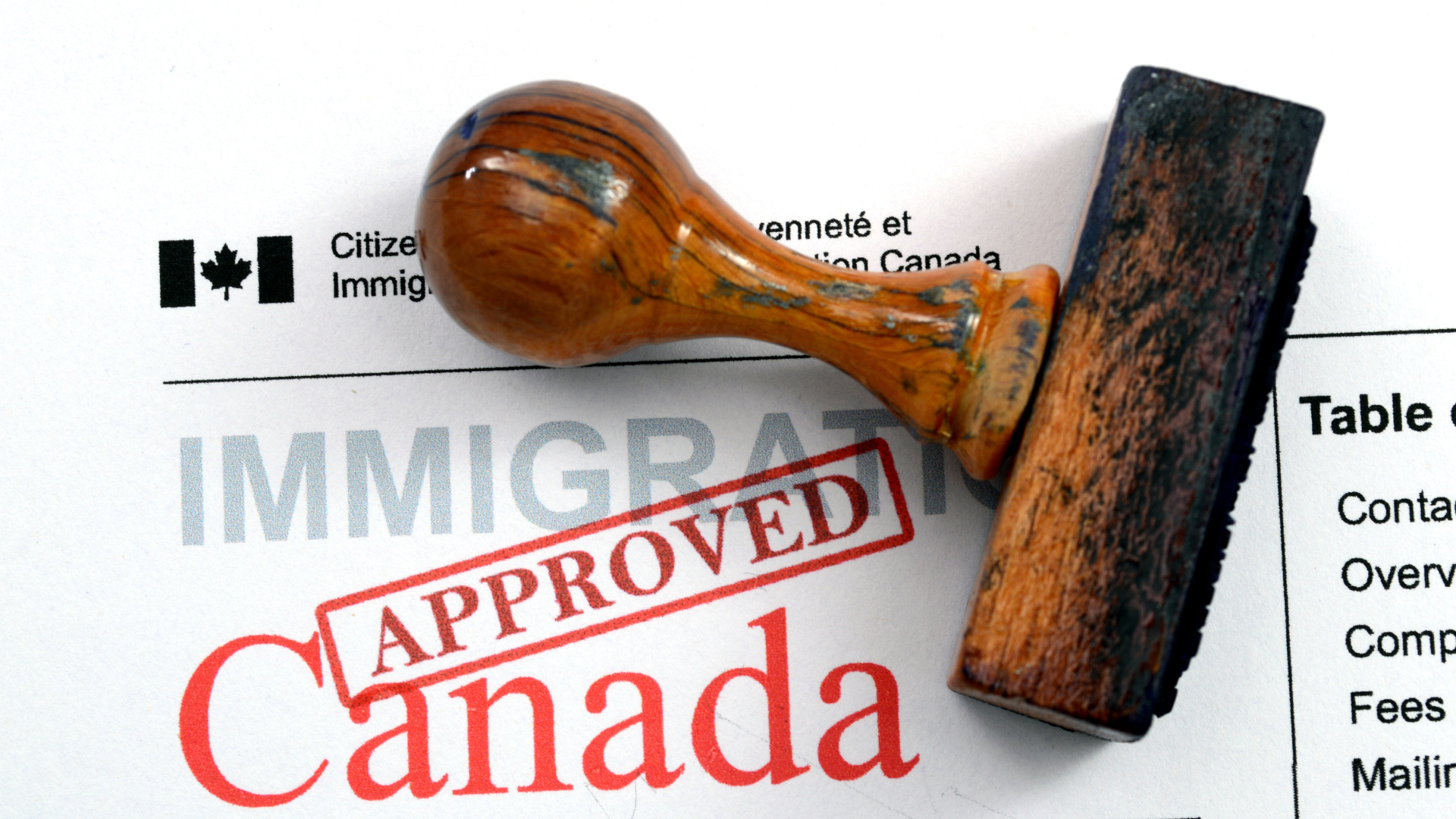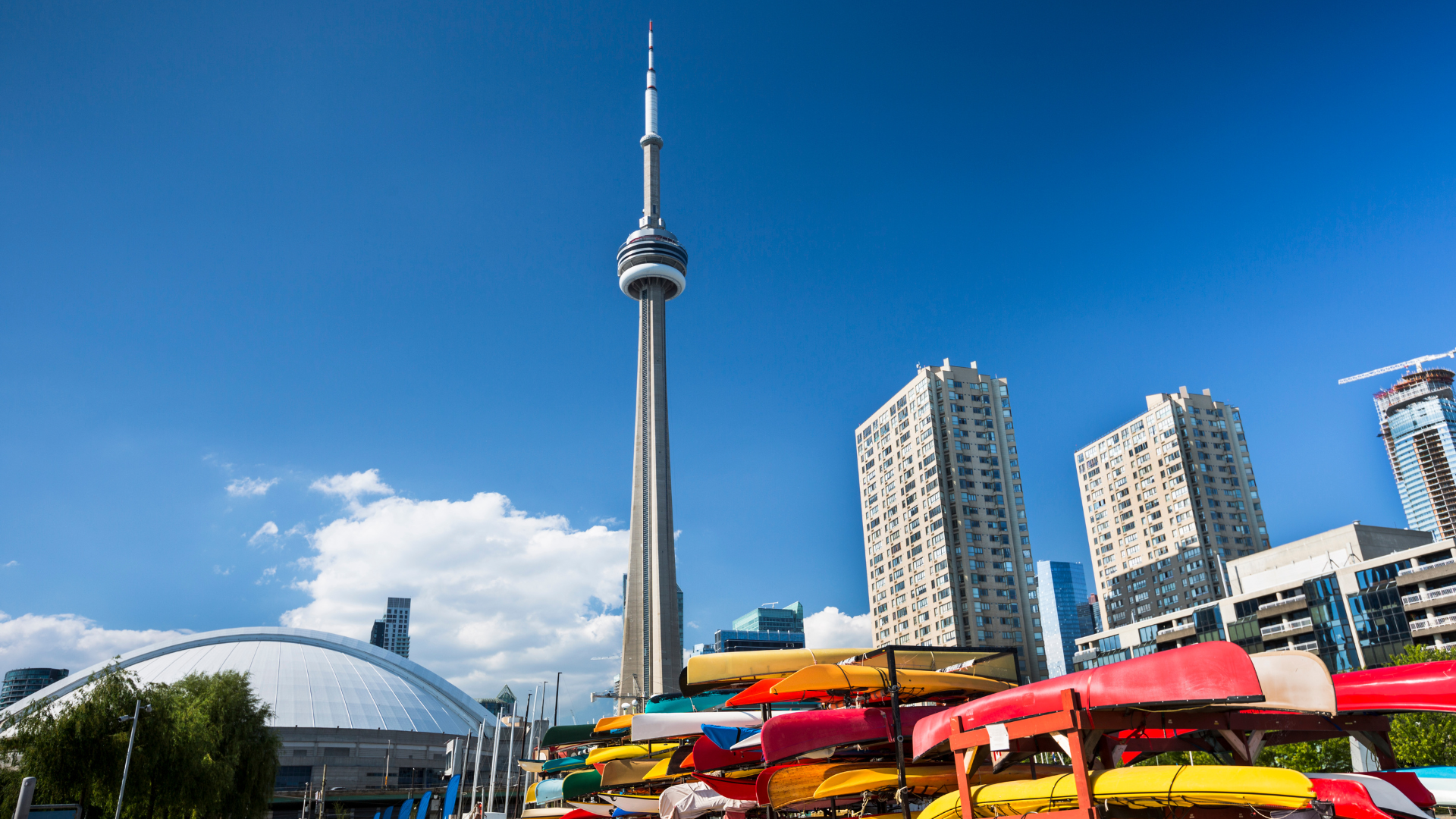Do You Need to Give Up Your Current Citizenship to Become a Canadian Citizen?

If you're thinking about becoming a Canadian citizen, you
may be wondering whether you'll have to renounce your current citizenship. The
answer depends on the rules of your home country.
Canada does allow dual citizenship. This means that
once you become a Canadian citizen, you may be able to keep your
original citizenship. However, whether you can hold both depends on your other
country’s laws.
Dual Citizenship Rules by Country
Some countries fully allow dual citizenship. Others allow
it only under certain conditions, and a few don’t allow it at all. Below is a
summary of how some of the top source countries for new Canadian citizens
handle dual citizenship:
|
Country |
Dual Citizenship Allowed? |
Conditions |
|
India |
No |
Must renounce Indian citizenship |
|
Philippines |
Yes |
Allowed under specific conditions |
|
China |
No |
Automatically lose Chinese citizenship |
|
Nigeria |
Yes |
Only if Nigerian citizenship is by birth or descent |
|
Pakistan |
Yes |
Recently formalized with Canada |
|
Iran |
No |
Dual citizens still considered Iranian only |
|
United States |
Yes |
No special conditions |
|
Brazil |
Yes |
No restrictions |
|
France |
Yes |
No restrictions |
|
Syria |
Yes |
Syria considers you Syrian first |
What If Your Country Does Not Allow Dual Citizenship?
If your home country does not permit dual citizenship, you
may automatically lose your original citizenship when you become a Canadian. In
some cases, you may be required to officially renounce it. This is especially
important if your home country treats this as a legal or criminal issue.
A Closer Look at Key Countries
India
India does not allow dual citizenship. If you become a
Canadian citizen, you must give up your Indian passport and citizenship.
However, you may be eligible to apply for an Overseas Citizen of India (OCI)
card, which grants lifelong visa and other benefits.
Philippines
The Philippines allows dual citizenship in some
situations—such as if you are married to a Filipino, born to Filipino parents,
or born in the Philippines but later acquired another nationality.
China
China does not allow dual nationality. If you become a
Canadian citizen, you automatically lose your Chinese citizenship.
Chinese-Canadians are advised to travel with a Canadian passport and avoid
using Chinese identity documents while in China.
Nigeria
You can keep Nigerian citizenship if you got it by birth or
descent. But if you were naturalized as a Nigerian citizen, you must renounce
it to become Canadian.
Pakistan
Pakistan allows dual citizenship with certain countries,
including Canada. Pakistani citizens can keep their citizenship after becoming
Canadian.
Iran
Iran does not recognize dual citizenship. If you are
Iranian-Canadian, Iran may still treat you as only Iranian. You will need to
enter and exit Iran using your Iranian passport and may face limits on Canadian
consular help.
United States
The U.S. allows dual citizenship. You can become Canadian
without giving up your U.S. citizenship. However, U.S. citizens must use their
U.S. passport to enter and leave the United States.
Brazil
Brazil recognizes dual citizenship and does not require
renouncing your Brazilian nationality. However, Canadian consular services may
be limited while you are in Brazil.
France
France fully supports dual citizenship. You don’t need to
give up your French nationality when you become Canadian.
Syria
Syria allows dual citizenship, but Syrian law treats you as
a Syrian citizen first. This can affect legal matters and how Syrian
authorities deal with you.
How to Become a Canadian Citizen
If you were not born in Canada or don’t have Canadian
citizenship by descent, you can still become a citizen through naturalization.
To qualify, you must:
- Be
a permanent resident of Canada
- Have
lived in Canada for at least 1,095 days (about 3 years) in the last 5
years
- Have
filed taxes (if required) in those years
- Pass
a citizenship test (if you are between 18 and 54)
- Show
language ability in English or French at a basic level (CLB 4 or higher)
Minors under 18 do not need to meet the residency or test
requirements.
The Canadian citizenship test has 20 multiple-choice or
true/false questions and can be taken in English or French.
If approved, you’ll attend a citizenship ceremony—either in
person or online—and take the oath of citizenship. Children under 14 are not
required to take the oath.
Currently, the application processing time is about 10
months, according to Immigration, Refugees and Citizenship Canada (IRCC).





